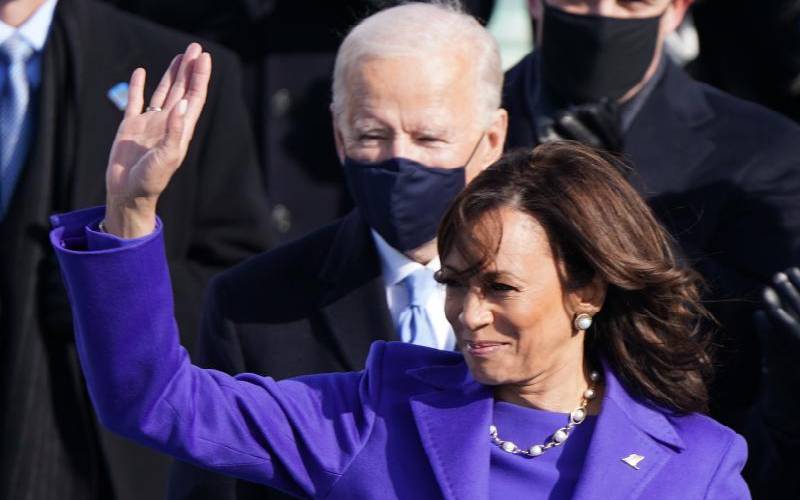
The last year has been a season of learning, unlearning and relearning. The world has been battered by a pandemic that put almost every aspect of life at a standstill. Still, despite the devastating news, there were beautiful narratives of women rising and shattering stereotypes globally. It has been a season for women to take positions and embrace challenging roles.
According to a report that was published by the Centre for Economic Policy Research (CEPR) and the World Economic Forum (WEF), countries that are being led by women showed “systematically and significantly better” results in the management of Covid-19.